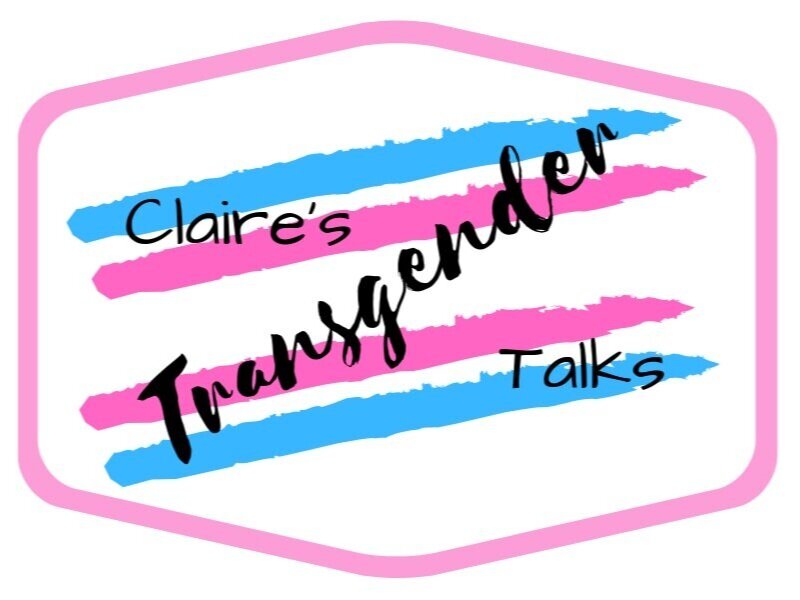Terminology - "Cisgender" Explained
(This article can also be found on the Resources page)
You might be surprised to learn there is an “opposite” term to Transgender.
And that term is “Cisgender”.
Cisgender is a term used as a way to distinguish non-transgender people from transgender people, and has been in use since the 1990’s throughout academia and the scientific community.
Like “Transgender”, it has it’s roots in Latin, with the word “cis” meaning “same side as”, and gender again being a reference to the gender the person was assumed to have at birth.
Put those together and we have “cisgender”, meaning “same gender”, or more accurately - “same as the gender assumed at birth”.
Like trans, it’s often shortened to “cis”, and also pops up in other sciences, such as Chemistry and Astronomy where it is used in a similar way as it is for gender.
For example - “Cislunar” is a way of saying “In the same area of space as the moon”. It’s more often used to describe the area of orbital space between the Earth and the Moon.
Cisgender could be used as a gender identity in its own right in the same way that some trans people use “transgender” as their gender identity.
However, cisgender people will identify within the gender binary as either man or woman, in alignment with their birth sex, and these are most commonly used terms within western society.
Usage
Like Transgender, Cisgender is an adjective and used in the same way. Capitalisation doesn’t matter, I’m just using that here as a form of emphasis.
So “A Cisgender Man”, “Cisgender Women”, “Cisgender People” or “A Cisgender Person”
Is “Cisgender” or “Cis” and insult?
Many trans hostile people will insist that “Cis” is an insult.
It’s really not. Often these people exude the same energy as those claiming “Im not straight, I’m normal”, with the same justifications.
But like many words it could be perceived as such - context matters hugely. For example, the word “Doughnut” isn’t an insult, but where I’m from it’s not uncommon to hear someone use it in such a way - “You are such a doughnut”.
Others also insist that it’s “just a politically correct term” and refuse to use it because it conflicts with or challenges their own worldview.
Cisgender was added to the Oxford English Dictionary in 2013, as follows "designating a person whose sense of personal identity corresponds to the sex and gender assigned to him or her at birth".

